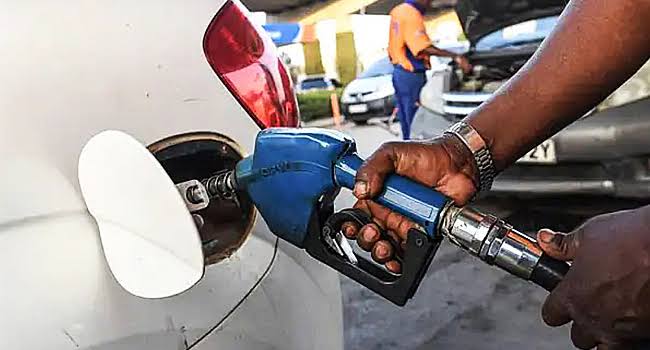
As Nigerians prepare for the 2025 Eid al-Adha celebrations, fears of a looming fuel scarcity have intensified following the collapse of the Mokwa Bridge in Niger State — a key infrastructure link connecting Northern and Southwestern Nigeria.
The deadly flood that struck Mokwa last Wednesday has claimed over 150 lives, according to the National Emergency Management Agency (NEMA) and Niger State Emergency Management Agency. However, local residents say the death toll could be significantly higher. The disaster also brought down the major bridge that facilitates the movement of people, goods, and petroleum tankers between regions.
Petroleum marketers and depot officials are now raising alarms about possible disruptions in fuel distribution, particularly to Abuja and Northern Nigeria, due to stranded petrol tankers forced to turn back or reroute through more expensive and time-consuming alternatives.
An MRS official in Abuja, speaking under condition of anonymity, warned that the bridge collapse is already impacting fuel logistics.
“Most of our trucks are stranded due to the Mokwa Bridge collapse. Honestly, I foresee fuel scarcity in Abuja and parts of the North,” the official said, though he assured that petrol prices would remain around ₦895 per litre during the Sallah holidays.
Similarly, a source at the Nigerian National Petroleum Company Limited (NNPCL) confirmed that distribution challenges are imminent unless supply is adequately redirected through alternative depots in Port Harcourt and Warri.
Mokwa Bridge serves as the fastest route from Lagos — where the Dangote Refinery is located — to the northern part of the country. Its sudden collapse has sent shockwaves across the petroleum supply chain, especially with the Sallah holidays approaching on June 6 and 9.
Despite these concerns, the National President of the Petroleum Products Retail Outlet Owners Association of Nigeria (PETROAN), Billy Gillis-Harry, offered reassurance. He stated that members are already mobilizing supply from southern depots to ensure adequate fuel availability nationwide.
“There should not be scarcity because we have alternatives. Our members are working with 11 PLC and Matrix Energy to ensure uninterrupted supply from Rivers and Delta States,” he said.
However, the National Secretary of the Independent Petroleum Marketers Association of Nigeria (IPMAN), James Tor, expressed less optimism.
“The Mokwa Bridge collapse will definitely disrupt fuel flow to Abuja and other northern states. The government must act quickly, either by repairing the bridge or activating an alternative route,” he told DAILY POST.
The disruption comes shortly after NNPCL and its partners announced a petrol price reduction to between ₦875 and ₦910 per litre in Lagos and Abuja. But with fuel trucks now facing longer and more expensive routes, experts warn this reprieve may be short-lived.
As of now, the federal government has yet to announce a concrete plan for restoring access or repairing the collapsed bridge. With just weeks to Eid al-Adha, transporters, marketers, and millions of Nigerians are holding their breath — hoping for urgent action to avert a holiday supply crisis.
Comments